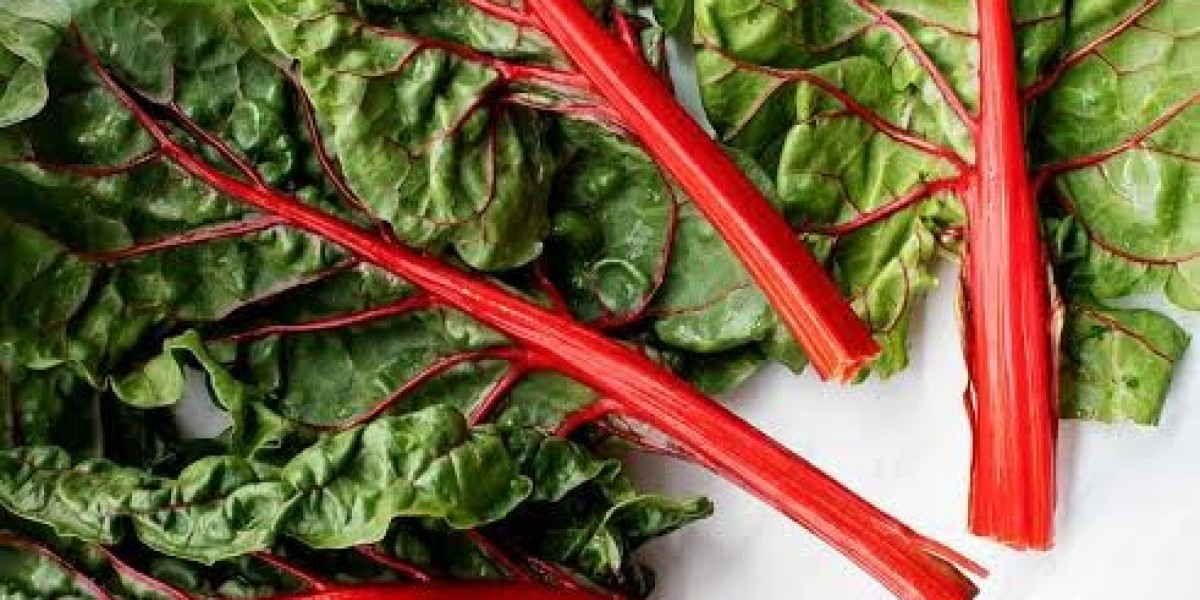Swiss chard, with its vibrant colors and broad, glossy leaves, often finds its way into the culinary scene as a versatile and nutritious vegetable. Yet, one question that often arises among both seasoned chefs and home cooks alike is: Is Swiss chard bitter? This leafy green, commonly mistaken for spinach, holds a unique flavor profile that prompts curiosity about its taste. Let's delve into the complexities of Swiss chard's flavor to uncover the truth behind its perceived bitterness.
Swiss chard, scientifically known as Beta vulgaris subsp. cicla, belongs to the same family as beets and spinach. It boasts an earthy, slightly salty taste with hints of bitterness, especially in its raw form. The bitterness in Swiss chard comes from compounds known as polyphenols, which are also responsible for its vibrant hues. However, the degree of bitterness can vary depending on several factors, including the variety of chard, growing conditions, and preparation methods.
Varietal Differences: Like many vegetables, Swiss chard comes in different varieties, each with its own distinct flavor profile. While some varieties may lean towards a milder taste with minimal bitterness, others may pack a more pronounced bitter punch. Rainbow chard, for example, tends to be sweeter and less bitter compared to the traditional green variety. The red-stemmed chard may possess a slightly stronger bitterness, adding depth to dishes where bitterness is desired.
Growing Conditions: The environment in which Swiss chard is grown can significantly influence its flavor profile. Factors such as soil composition, temperature, and sunlight exposure play crucial roles in determining the plant's taste. Generally, chard grown in cooler climates tends to have a milder flavor, while those cultivated in warmer regions might exhibit more bitterness. Additionally, nutrient-rich soil can enhance the sweetness of Swiss chard while minimizing bitterness.
Preparation Methods: The way Swiss chard is prepared and cooked can also impact its bitterness. Raw Swiss chard leaves often have a more pronounced bitter taste compared to when they are cooked. Sautéing, steaming, or blanching Swiss chard can help mellow out its bitterness while retaining its nutritional value. Furthermore, pairing Swiss chard with ingredients that complement its flavor, such as garlic, citrus, or sweet fruits, can balance out any bitterness and enhance its overall taste profile.
Nutritional Benefits: Despite its potential bitterness, Swiss chard is a nutritional powerhouse, rich in essential vitamins, minerals, and antioxidants. It is an excellent source of vitamins A, C, and K, as well as magnesium, potassium, and iron. Consuming Swiss chard regularly can contribute to overall health and well-being, providing support for immune function, bone health, and cardiovascular health.
In conclusion, while Swiss chard does possess a certain level of bitterness, it is not overwhelmingly so. The perceived bitterness can vary depending on factors such as variety, growing conditions, and preparation methods. With its myriad health benefits and culinary versatility, Swiss chard remains a valuable addition to any diet, offering a unique flavor experience that can be appreciated in a variety of dishes. So, the next time you encounter Swiss chard, embrace its nuanced taste and savor the goodness it has to offer.








